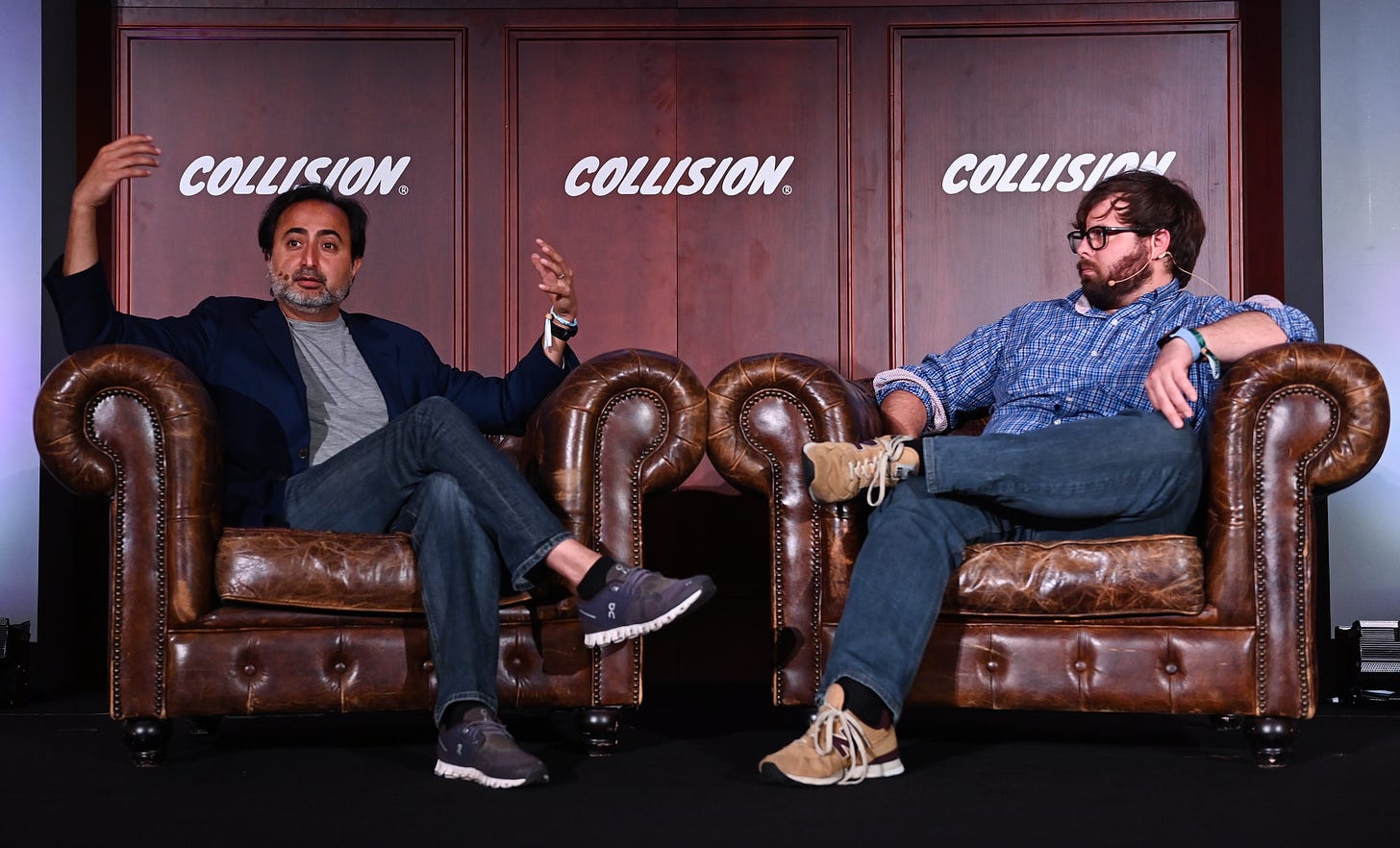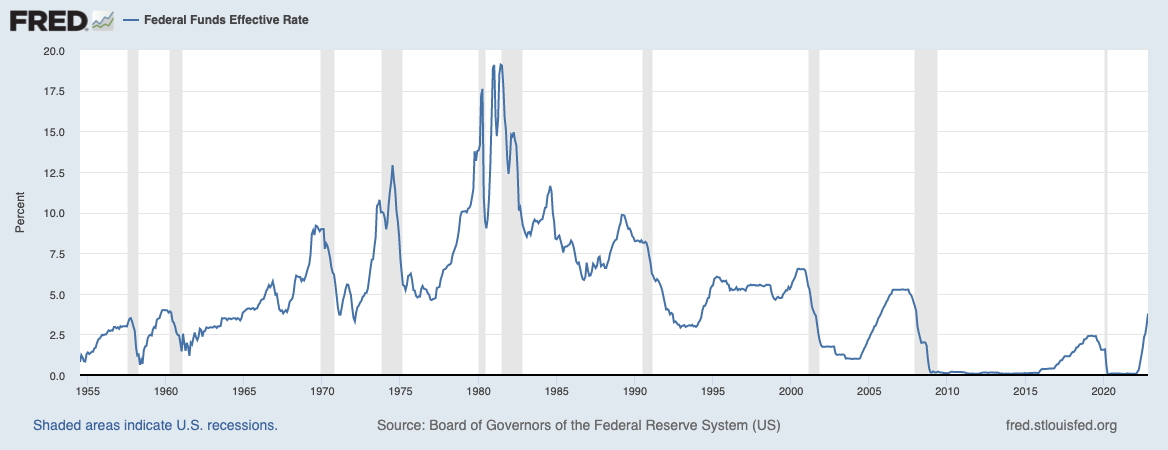General Catalyst CEO Hemant Taneja Tells LPs: 'The Truth Is, the Venture Business (As a Whole) Has Not Risen to the Occasion'
A conversation with the not so secret CEO of General Catalyst & General Catalyst's letter to limited partners

When I wrote about Hemant Taneja in January I called him “General Catalyst’s Secret CEO.” At the time, Taneja insisted on calling himself — confusingly, with a number of managing directors at General Catalyst — the firm’s “managing partner.” I went into my reporting wondering whether he was the man in charge.
In February, General Catalyst validated my reporting that the firm was raising a $4.6 billion suite of funds. And a few months later, Taneja abandoned the charade and embraced the chief executive title.
Secret no more.
A lot has changed since. Tech stocks have been falling. The NASDAQ is down 33% this year. Samsara, the internet of things company that Taneja sits on the board of, has seen its stock fall 54%. Meanwhile, Teladoc — the company that acquired Taneja portfolio company Livongo in an $18.5 billion deal — is now worth only $4.2 billion. Teladoc’s stock is down 73% this year.
What has not changed is Taneja’s determination to run an idealistic venture capital firm — even as a crumbling business environment has made that more difficult and as the mood among his fellow venture capitalists has soured.
I caught up with Taneja on Sunday and the firm sent me Taneja’s year-end letter to the firm’s limited partners. (You can read it in full below.)
In the letter, Taneja calls out what he sees as the failures of the venture capital industry while charting a course forward for how General Catalyst might remain idealistic in these challenging times.
The note to General Catalyst’s financial backers would remind me of the fictional Jerry Maguire’s job-ending mission statement, “The Things We Think and Do Not Say,” if it wasn’t already so on brand for Taneja to question the idea that venture capitalists think their only job is to “deliver strong returns for our LPs.”
I would say many venture capitalists do indeed think that is their only job.
Taneja paints a picture of the venture capital industry as having squandered an opportunity to improve the world, instead chasing a quick buck in crypto and from SPAC sponsor promote fees.
“When you take a pure technology view as to what the crypto ecosystem can introduce — trust based innovation, trust based business models — it is designed in a really compelling way,” Taneja told me. “But you and I both know that wasn’t going to happen when greed was the killer app.”
There’s an argument that the best time to invest in bet-the-farm, wildly optimistic companies is already in the rearview mirror. When interest rates were essentially at zero — as they were for much of the past decade — that was the time to change the world. Now markets are pressuring companies to show that they can turn a profit and deliver cashflow in the nearer term. Twitter isn’t the only reason that Tesla’s stock is cratering.
In his letter to limited partners, Taneja writes, “So, we find ourselves confronting a strange reality: the legacy of one of the greatest periods of innovation and investment in human history is that we lack inclusive prosperity, we have eroded respectful society, and we are threatening the sustainability of our planet.”
Taneja insists that as long as the firm invests in companies that are demonstrably compounding their growth, investors will still be interested in long-term oriented companies. He’s told his firm to seek out investments in healthcare, fintech, artificial intelligence, India, and what he’s calling “global resilience,” which includes defense and climate change companies.
While I’d like to be optimistic that those areas will flourish, I’m worried that many Silicon Valley startups are about to be discovered not wearing any swimwear as the tide goes out. Will there be investor appetite for follow-on capital for ambitious technology companies if many of the speculative companies that were unloaded on late stage investors and the public markets prove to be vaporware?
Right now, it feels like investors are getting out their last gasp of mania in generative artificial intelligence companies before the tide goes out.
Thankfully for General Catalyst, the firm raised billions of dollars earlier this year and slowed its pace of deployment. So the firm is sitting on plenty of cash to test out its thesis.
Taneja doesn’t sound like he’s eager to dump money into struggling startups from the past few years.
“You have to free up human capital and capital from ideas that don’t have a great future. And when you invest or start companies at a pace that was the case the last three years, and you’re not being very disciplined, there’s going to be a lot of that,” Taneja told me. “I think next year, we’ll see a lot of that — not just in our portfolio — everywhere. People just shutting down, moving on. I think it’s the right thing to do. Reallocate resources towards better ideas — there’s no shortage of ideas.”
Read General Catalyst CEO Hemant Taneja’s Letter to Limited Partners:
Year-End Reflections and a Call for Change: Why We Need to Embrace Responsible Innovation More than Ever Before
By Hemant Taneja
There’s an old Chinese proverb: ‘May you live in interesting times.’





